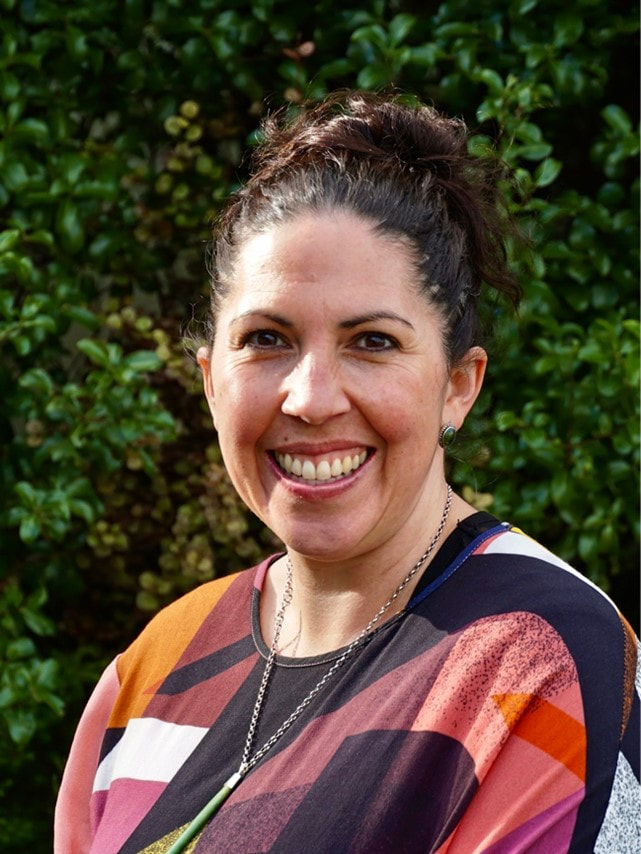Emma Wyeth
Associate Professor, Māori Health, Director – Ngāi Tahu Māori Health Research Unit, and Associate Dean Māori – Division of Health Sciences, University of Otago
|
Emma Wyeth is Ngāi Tahu, Te Ātiawa, Ngāti Tama and Ngāti Mutunga and has lived her entire life within her own Ngāi Tahu communities in Southern New Zealand. She is an Associate Professor – Māori Health, Director – Ngāi Tahu Māori Health Research Unit, and Associate Dean Māori – Division of Health Sciences at the University of Otago.
For over 15 years, the majority of Emma's research has focused on Māori injury outcomes and experiences. She is currently the Principal investigator of POIS-10 Māori: Outcomes and experiences in the decade following injury, a longitudinal study of injured Māori which aims to understand and improve long-term outcomes and experiences for injured Māori and their whānau. Additionally, she is the Co-Principal Investigator (with Professor Sarah Derrett) of the closely aligned Prospective Outcomes of Injury Study: 10 years on (POIS-10) – both funded by the Health Research Council of New Zealand. Emma and Sarah also co-lead the Trauma Outcomes Project – funded by the National Trauma Network and the Health Quality and Safety Commission investigating patient-reported outcomes and factors that influence long-term outcomes after trauma. More broadly, all of Emma’s work focuses on understanding and improving Māori engagement and experiences within the New Zealand health system and reducing inequities. |
Insights into Māori Injury and Trauma Outcomes
Māori experience multiple health inequities; injury and trauma are no exceptions. Injured Māori also experience greater barriers and trouble accessing healthcare services compared to non-Māori. Māori are also more likely to experience poor outcomes and greater disability over the years following injury compared to non- Māori.
This talk will present key findings from the longitudinal Prospective Outcomes of Injury Study (POIS) and its more recent long-term follow-up studies POIS-10 and POIS-10 Māori, all of which aim to understand and identify factors contributing to a range of post-injury outcomes over time. POIS-10 and POIS-10 Māori have most recently interviewed participants 12 years (on average) after an ACC entitlement claim injury.
Additionally, the Trauma Outcomes Project is currently underway, interviewing trauma patients who have been admitted from various trauma units across New Zealand at 6, 12 and 24 months. Early provisional health-related quality of life and disability findings will be presented, including specifically for Māori.
This talk will present key findings from the longitudinal Prospective Outcomes of Injury Study (POIS) and its more recent long-term follow-up studies POIS-10 and POIS-10 Māori, all of which aim to understand and identify factors contributing to a range of post-injury outcomes over time. POIS-10 and POIS-10 Māori have most recently interviewed participants 12 years (on average) after an ACC entitlement claim injury.
Additionally, the Trauma Outcomes Project is currently underway, interviewing trauma patients who have been admitted from various trauma units across New Zealand at 6, 12 and 24 months. Early provisional health-related quality of life and disability findings will be presented, including specifically for Māori.



